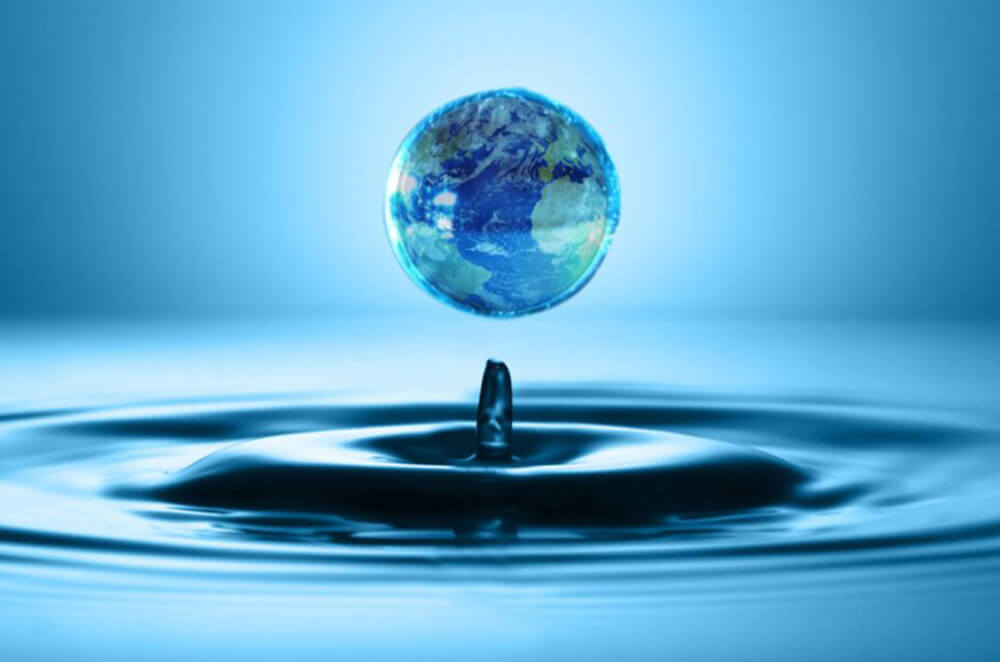
World Water Day: 5 simple actions you can take today
Fecha: 20/03/2023
We tend to take for granted the things we have in abundance. We call Earth the ‘blue planet’ precisely because over 70% of it is covered by water, yet we haven’t known how to care for this precious resource. And when it comes to freshwater –which amounts to only 3% of the total– the truth is that we are facing a real and urgent scarcity issue.
In fact, according to the UN, current estimates show that by 2030 our freshwater resources will have diminished by 40%. If we take into account population growth, the result is almost certainly a global water crisis. Right now, as much as a quarter of the world's population faces severe water scarcity at least one month out of the year. According to predictions by the United Nations and the World Bank, drought could put up to 700 million people at risk of displacement by 2030.
Water is what separates the Earth from the rest of the planets in our solar system, and it’s the essential element for the development of life. Water is, in the most literal sense of the word, vital for our survival as a species. Nonetheless, we continue to pollute our waters and, what’s more, we are using up our freshwater reserves at unprecedented speed.
That’s why the UN uses the story of a hummingbird that tries to put out a fire one drop at a time to show us that our individual efforts, no matter how small they may seem, do make a difference. Follow these 5 recommendations from the UN and be part of the effort to put out the fire, drop by drop:
Save water: Take shorter showers and don’t let the tap run when brushing your teeth, doing dishes and preparing food. Buy local, seasonal food and look for products made with less water.
Stop polluting: Don’t put food waste, oils, medicines and chemicals down your toilet or drains. We should also ‘flush safe’, that is, fix leaking water and waste pipes, empty full septic tanks and report dumping of sludge.
Protect nature: Plant a tree or create a raingarden – use natural solutions to reduce the risk of flooding and store water. You can also take part in clean-ups of your local rivers, lakes, wetlands or beaches.
Be curious: Find out where your water comes from and how it is shared, and visit a treatment plant to see how your waste is managed.
Build pressure: Write to your elected representatives about budgets for improving water at home and abroad; it’s a great way to broaden your impact.
